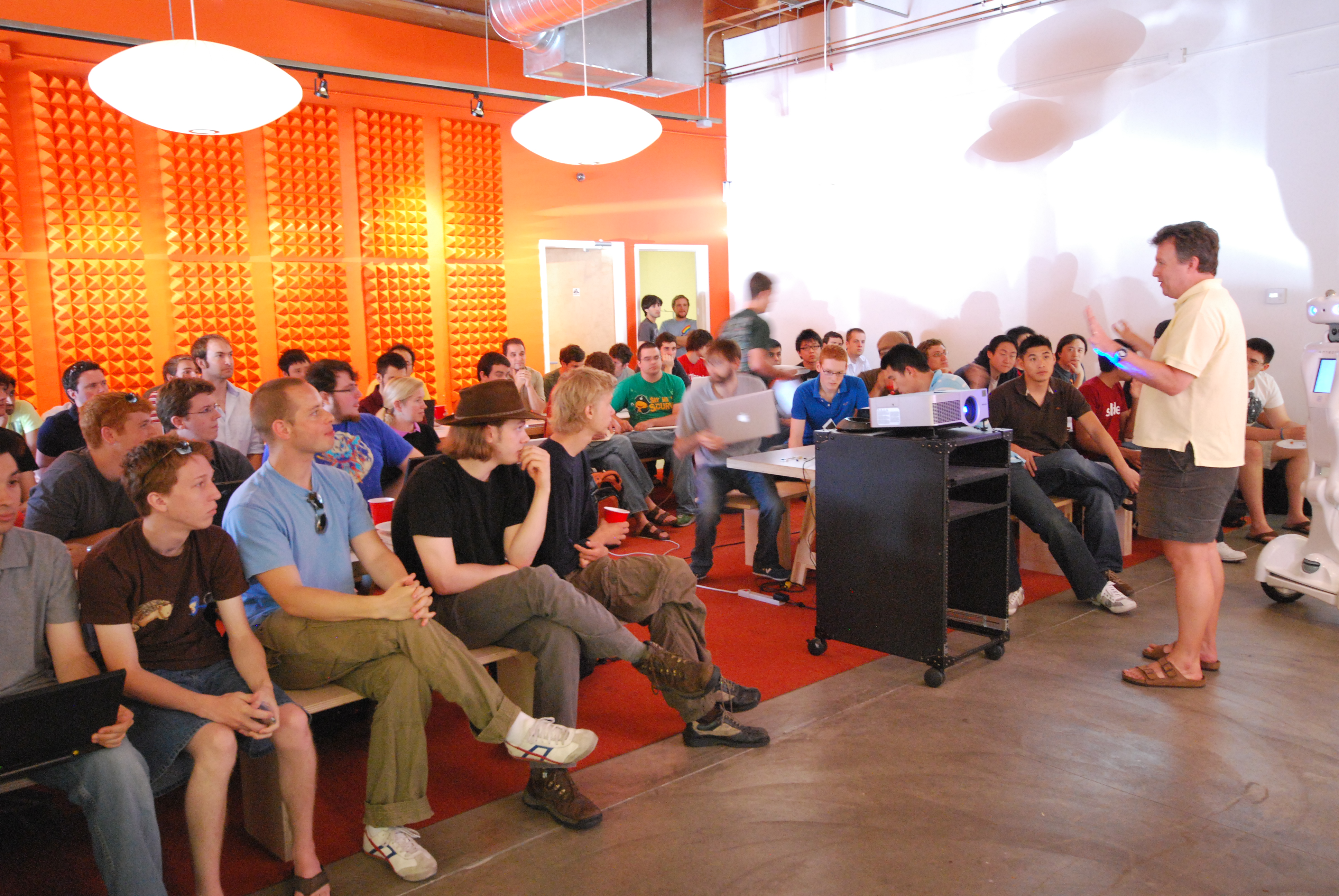Introduction – where have we come from?
Less than two years ago, we were simply a group of student volunteers aiming to have the biggest possible impact. We thought we had some powerful ideas, which had caused some people to completely change their careers. But we didn’t know how to turn our ideas into a high impact organisation. We were doing a mixture of campaigning, community building, research and one-on-one coaching, and were unsure where to focus.
Since then, we have focused our model, tested several prototype programs (online content and coaching) and gained an initial proof of concept by showing these can change careers. we also think we’ve had enough impact by changing career plans to justify our costs and have overall been a high impact use of resources.
In light of these milestones, this document explains how our strategy has changed over time and where it stands now. It is part of our annual review.
Summary
We intend for the next year to be the final year of our ‘discovery phase’. The aim of the discovery phase is to identify the most high potential business model. (By ‘business model’ we mean the combination of programs, promotion, team structure and financing strategies we use to have a social impact).
Our key focus will be on improving the quality of our prototype programs, in order to test some of the most important remaining uncertainties in our model.
Within this, we have two aims. First we’ll focus on research to deepen our knowledge of how to choose the most high impact careers. We think further research is likely to be valuable, both because this body of knowledge is neglected but highly important, and because we think high quality research is crucial to the appeal and impact of our programs. High quality research is the most important way for us to become more credible (therefore able to persuade more people), it’s the key factor that sets us apart from our competition in attracting users, and it’ll ensure we highlight careers that are genuinely better than those our users would have taken otherwise (a key uncertainty in our impact evaluation). At the same time, we’re unsure how rapidly we’ll be able to make progress on research. Focusing on research for the rest of 2014, tracking our progress and submitting ourselves to an external research evaluation will reduce our uncertainty about the value of further research.
Second, we’ll focus on improving our online content. We’ll expand our research page into a series of five, covering (i) the key criteria we suggest for comparing between careers, (ii) ranked lists of promising careers and causes (iii) supporting career profiles (iv) advice on how to find a career that fits and (v) a step-by-step planning process. We’ll also add pages to guide users to the best of our old content.
We’re focusing on online content because we think our online content has more potential for impact than coaching. In our plan change analysis, we found over 30 of the 107 significant plan changes were attributable to online content alone. This would make the online content similarly important to the coaching in terms of changing careers. Given that online content is also far more scalable than coaching, it makes sense to prioritise it to test the hypothesis that it’s a better program. Moreover, developing the online content involves the least additional work over just doing research, and we think our current offering could be significantly improved relatively easily through better summaries of our existing content.
We’ll continue with our one-on-one coaching as part of our research process. We’ll deepen our knowledge of social impact careers by doing rounds of coaching talented, altruistic, young people, then writing up answers to their most pressing questions for the blog. We’ll also write career profiles covering the careers our coachees most want to know more about.
In 2015, we plan to start our ‘execution phase’, in which we aim to realise our model’s full potential for impact. We intend to initially focus on making our online content easier to use, most likely by developing it into an online careers guide, while continuing with research. The aim is to have the careers guide in place before the promotional campaign accompanying the launch of Will MacAskill’s book on effective altruism in August 2015. After that, we may increase our outreach work to connect with our entire target market.
In the longer term, we’ll aim to develop further programs to deepen engagement with our users, such as expanding the coaching service. Our aim is to become the best source of advice in the world for the most talented, altruistic young graduates, enabling them to best use their 80,000 hours to solve the world’s most pressing problems.








